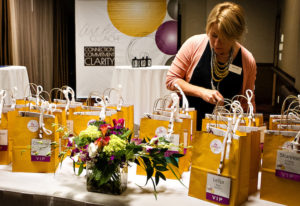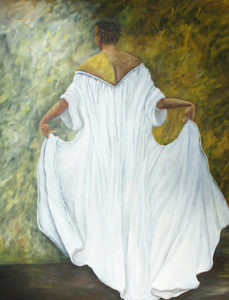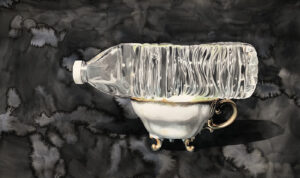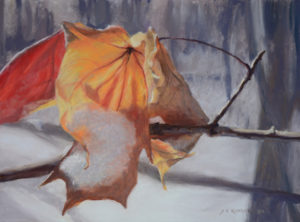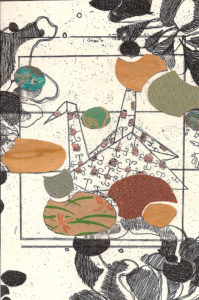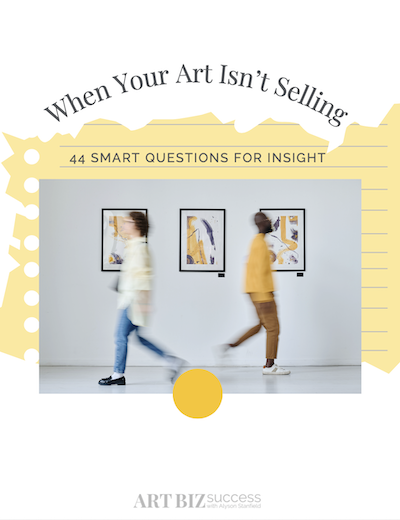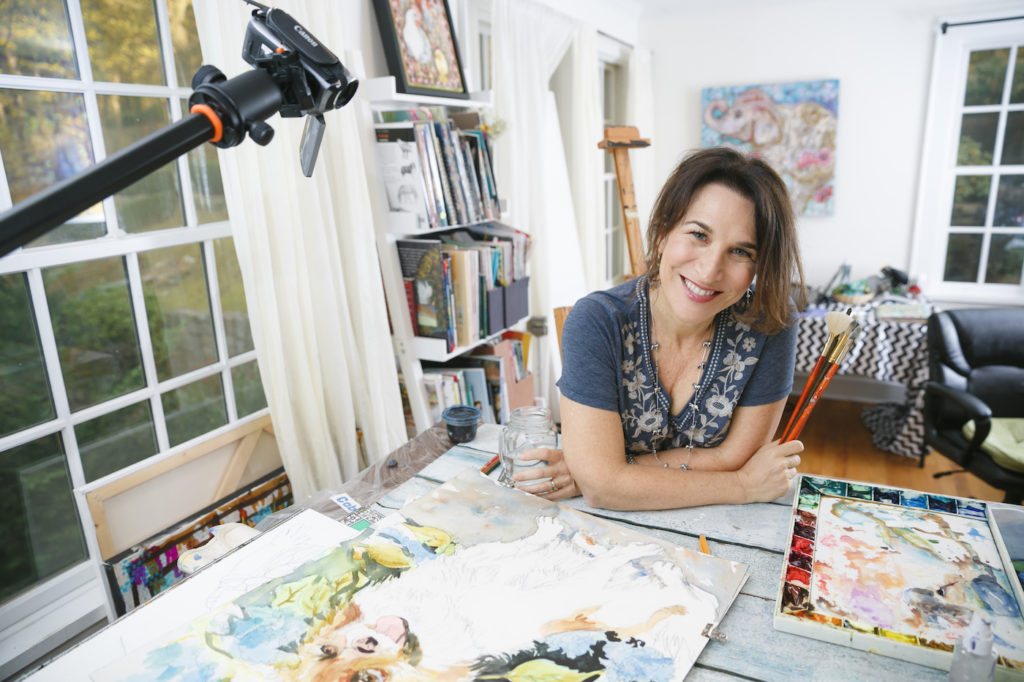
The Art Biz ep. 34: Producing an Artist Podcast with Miriam Schulman
Living the artist’s life doesn’t necessarily flow with owning a business—with gaining valuable business skills that help you earn income from your creativity.
But every so often I come across artists who are just as interested in learning about business as they are in being an artist. And I feature them in my interviews on the podcast and blog.
Miriam Schulman is one of those artists. She discovered a gift secondary to her art—a curiosity about how the art business works. Combined with the fact that she loves to talk and ask questions, Miriam found her calling in her weekly podcast, The Inspiration Place.
But it was a lot of work to start, and it’s a lot of work to keep up. If you have ever considered starting a podcast or sharing your story on a podcast, this episode of the Art Biz Podcast is for you.
In this interview you’ll hear about:
- Miriam’s background in engineering and corporate finance and how she found the courage to transition to a full-time artist.
- How she promoted her work early on and why she still believes in using a brag book.
- The teaching spot she created called The Inspiration Place to collaborate with other artist teachers.
- What gave Miriam the idea to
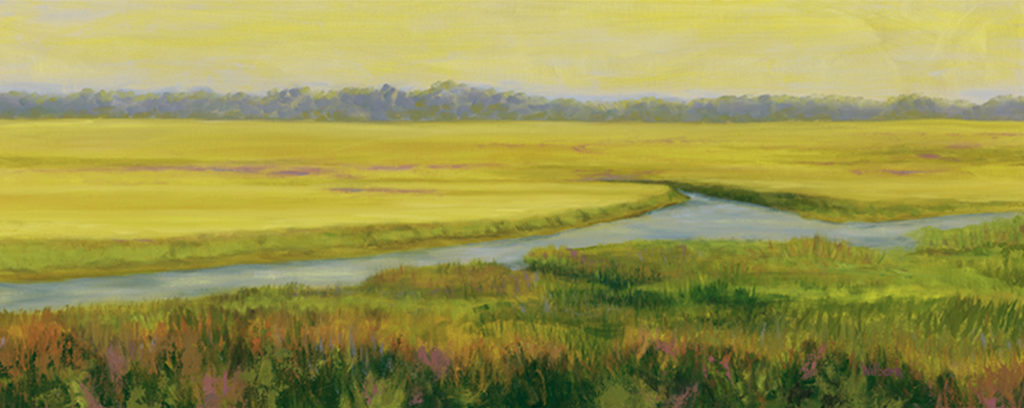
How to Promote an Art Exhibition on Your Website
Solo exhibitions, as well as 2- or 3-person shows, deserve your full attention.
If you have an important exhibition coming up, give it the (virtual) space it deserves. Create a page on your website for your show.
You probably already have a page for all of your exhibitions, but I’m talking about a single page that features only your special show.
This will be the premier place you send people for details about the exhibition, which will be easy for people to read because it only has one focus. It doesn’t include anything else.
Why would you share this info only on Facebook or in an email when you can create a storefront for your art? You’re paying for the virtual real estate already. Might as well use it!
Everything will be in one spot rather than scattered around online or in someone’s inbox.
The URL (website address) should be one that’s easy to share and to remember rather than a string of slashes and numbers. This isn’t always as easy if you have a template site, but make it happen if possible.
Here’s what your exhibition page should include, and I suggest listing everything in this order.
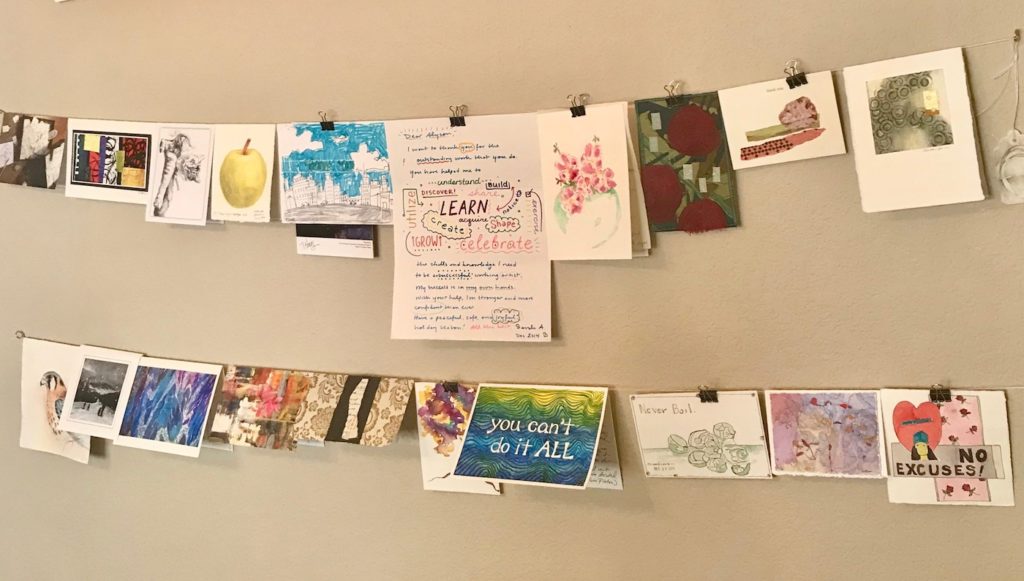
The Art Biz ep. 32: Success Is Complicated
What does it mean to be a successful artist?
We readily throw around the word “success” without defining what it means for us.
I am guilty of the same. My business is Art Biz SUCCESS. My signature program is the Art Career SUCCESS System.
But what does Success mean to you and to me?
In this bonus episode of the Art Biz Podcast (accompanied by a complete transcript) I explore the word Success.
I’ve been exploring this on my own for a few months now and, confession–or perhaps it’s a warning–I can go a million different directions on this topic. I’m not going to give you a nice package so that, by the end of the episode, you’ll know exactly what success means to you.
I ask you to go on a messy journey with me. One that takes twists and turns and definitely doesn’t end where it begins.
But maybe … just maybe … hopefully … it will serve you.
Married Names and Difficult Names
Yesterday’s Deep Thought was inspired by two different emails I have received this week. The first was from Jill Rumoshosky Werner, who wrote: I know that I don’t have an easy name, but it’s my name and the one I choose to use professionally. However, the majority of the shows in which I’m exhibited seem to think it’s all right to change it. To me, my name is my professional reputation and all my paperwork
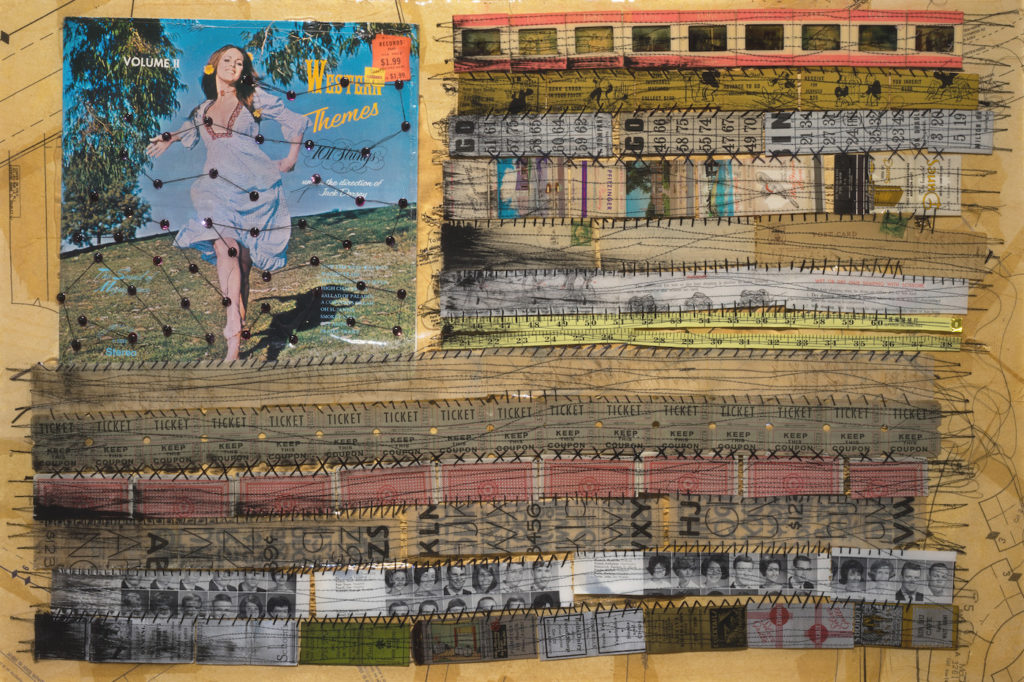
The Art Biz ep. 30: Multi-State Multi-Year Multi-Artist Art Project with Marilyn Artus
In 1920, women–white women, that is–across the United States got the right to vote when the 19th amendment was ratified by ⅔ of the states. The fact that we are coming up on the 100th anniversary of this event did not escape the attention of Marilyn Artus. For years she had been wondering what art project she could possibly do that would be grand enough to match the significance of the occasion.
Then, in 2017, Marilyn attended one of my workshops. At the end of two days of masterminding with like-minded ambitious artists, Marilyn had the outline of her multi-state, multi-artist, multi-road-trip project: Her Flag.
Her Flag includes collaborations with artists and public performances in each of the 36 states that passed the amendment. Her first road trip was in June and included the first four states: Wisconsin, Illinois, Michigan, and Kansas. Her next trip begins on July 13.
Marilyn has scheduled 17 trips over a period of 14 months. At the end, Her Flag will be complete and measure 18-by-26 feet.
It’s an enormous project that involves an incredible amount of logistics and organizing. But Marilyn is up to the task. As she says, she’s psycho-passionate about this project and topic.
I’ve been dying to share this project for awhile and had the thrill of interviewing Marilyn before she left on her first trip. I hope it inspires you to think bigger about what is possible for your art.
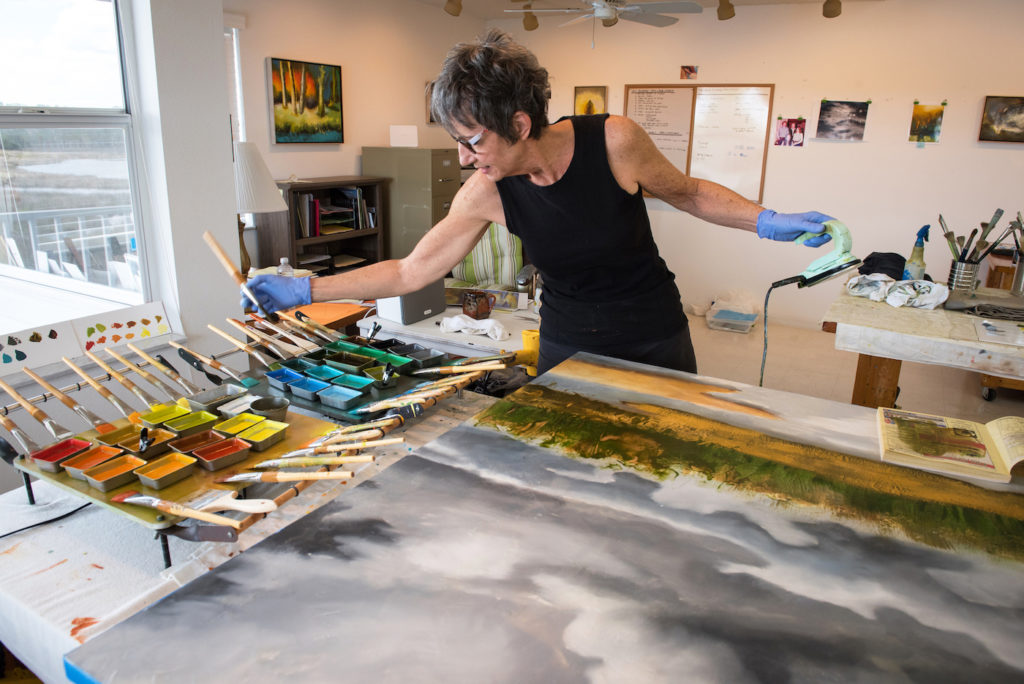
The Art Biz ep. 29: When the Commissions Gig Dries Up with Leslie Neumann
What do you do when one of your major sources of income disappears?
I wish I kept track of how often I have heard this story. It goes something like this.
Artist gets a really juicy gig. Maybe they have a wealthy collector who buys tons of their work to outfit all of their offices and homes (because of course they have more than one). Then the collector is done, dies, or disappears.
Or they have one gallery that is selling their work like hotcakes. Until the gallery doors close or the director skips town because of back taxes owed.
Bottom line: The gig dries up. You have placed all of your eggs in one basket and, due to circumstances beyond your control, what was once reliable income is no longer available to you.
This is what happened to artist Leslie Neumann.
She had a sweet deal going with Firebird Restaurants for more than four years. Their purchases of her original paintings accounted for 50-60% of her income during that period.
And then it stopped. But there’s no need to feel sorry for her! As you’ll hear in this episode of the podcast, Leslie rose to meet every challenge. She does, however, have a cautionary tale.



